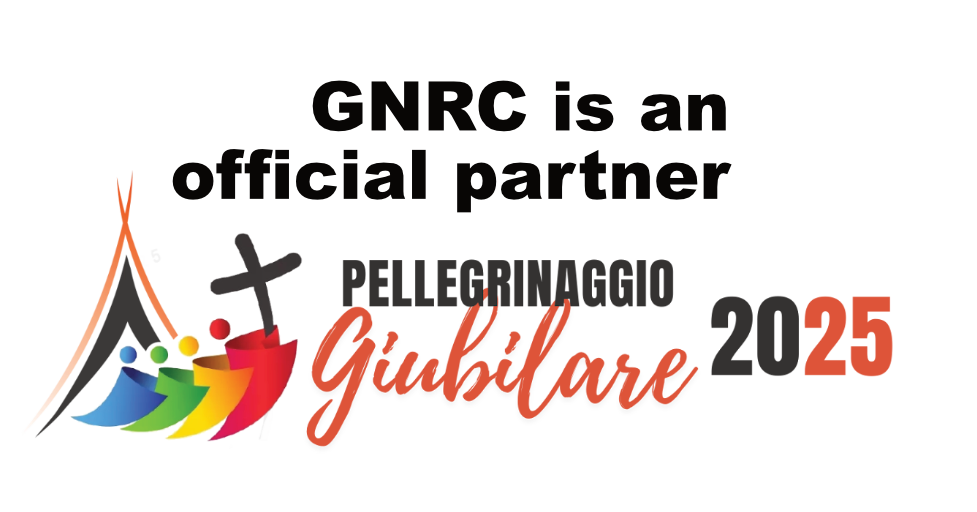On 16 November, the Vatican’s Paul VI Hall hosted more than 1,300 vulnerable people for the World Day of the Poor. Among them were forty-eight women from Torvaianica, some trans, many living through poverty, past violence or the fragility of the street. They were invited not as representatives of anything, but simply as people who needed warmth, care and a place at the table.
According to The Washington Post, the women saw Pope Leo enter as an orchestra played “O Sole Mio”. One offered him an image of the Madonna. He greeted the guests, blessed them, and sat down to a simple meal of lasagna and chicken cutlets
Cardinal Konrad Krajewski, who oversees the lunch, clarified that there was no change of direction: the Church is open to everyone, and their attendance should not be overinterpreted. They came, he said, because they are part of the Church, not as a political gesture or a sign of rupture with past years.
Some of the women expressed disappointment at not being seated at the papal table. Others said that Leo’s closeness and attention were still a sign that the door opened under Pope Francis had not been closed. The Washington Post notes that Pope Leo, while more restrained in style, continues the line of welcoming those who are often left on the margins, even if in a quieter manner
.
A Parish Story Behind the Lunch
For years, several women from Torvaianica have turned to their parish for help. Their journey with parish priest Don Andrea Conocchia has been marked by small acts: shared meals, listening, gradual trust, and a quiet rebuilding of dignity.
In his interview he says:
“Start from the person. Recognise the dignity of the person in front of you. It is a person like me, human like me.”
This is the key to understanding their presence at the Vatican lunch.
It was never about identity categories. It was about people who had been wounded and who found a parish willing to stand beside them.
A Continuity of Care
Many wondered whether Pope Leo would continue the attention to those on the margins that marked Pope Francis’ pontificate.
The style has changed, more reserved, yet the central message remains. Don Andrea calls it a continuity of care, a line that listens, welcomes, and accompanies without spectacle.
This continuity is also reflected in Pope Leo’s earlier decisions, including the quiet authorization of a special Mass for 1,450 LGBTQ pilgrims for the 2025 Jubilee, noted by The Washington Post
The Washington Post – 17 nov 20…
.
Signals From the Wider Church
The lunch took place only days after the Italian Bishops’ Conference confirmed five proposals for pastoral care of people who often remain at the margins. All five were approved with strong majorities. Among them:
- Promotion of accompaniment paths for those who seek greater participation in the Church but feel excluded because of irregular or non-traditional family situations. Approval: 95 percent.
- Overcoming discriminatory attitudes and offering pastoral accompaniment to homosexual and transgender persons and their parents. Approval: 81 percent.
- Supporting civil society’s days against discrimination and violence. Approval: 77 percent.
- Ensuring that no formative context in the Church tolerates psychological, spiritual or conscience abuse, including regarding sexual orientation. Approval: 94 percent.
- Establishing interdiocesan teams for education on relationships, embodiment and sexuality, with attention to sexual orientation and gender identity. Approval: 85 percent.
Italian Bishops Conference
These proposals present a pastoral horizon that resonates with the lived experience of places like Torvaianica: accompaniment that begins from real lives, not from abstractions.
In parallel, the Synod’s recent Study Group 9 emphasised that some topics should be treated not as controversial issues, but as emerging questions that require listening, relational conversion, and transparency in the interaction of life and doctrine
250221-Interim-Report—ENGLISH
.
Walking Forward Together
For GNRC, these events confirm the quiet pastoral path we have always chosen: listening first, building relationships, and working with the Church where we can.
There is much work ahead, especially in parishes and dioceses, but the direction is clear.
Real change grows where people are met as they are, without spectacle and without labels.
A video interview with Don Andrea is hosted by our friends at La Tenda di Gionata and is available here with english subtitles:
https://www.youtube.com/watch?v=Tsm3J7WFcBQ


